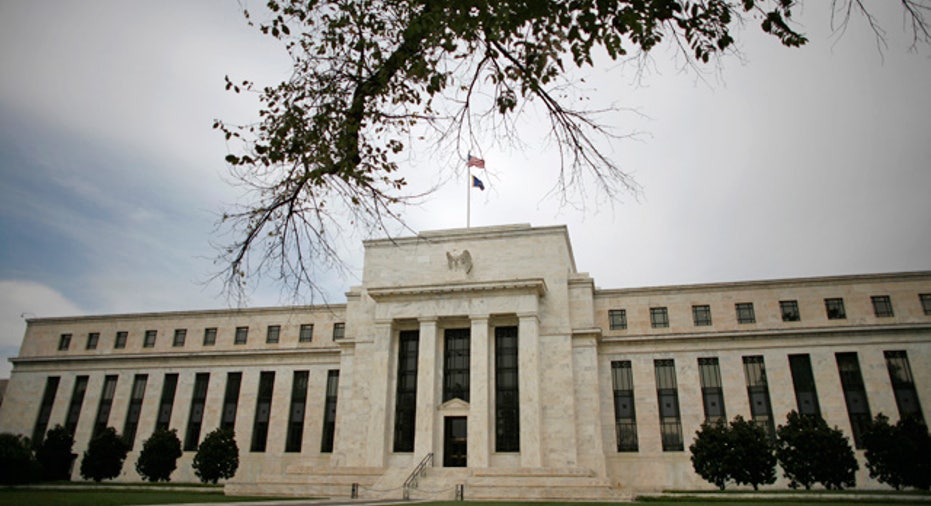Talking Economics With Wade L. Thomas, Ph.D.

With the economy being unstable and many people unsure of what will happen next, we asked Wade L. Thomas, Ph.D. and professor of economics and associate dean at SUNY Oneonta, a few questions about our present and future economic situation.
In this two-part interview series, Thomas discusses the recession, the Federal Reserve and the job market. Co-author of the recently released textbook, "The American Economy: How It Works and How It Doesn't," he shares his insight into the American economy and the growth it needs to stabilize and grow the workforce.
What are the odds of a second recession later this year or in 2012?
There is a wide range of estimates on the probability of recession, and chasing the magic number might be futile given all the variables in play. That said, almost everyone will agree the risk of recession is elevated, judging by recent indicators such as the Chicago Fed National Activity Index, the Philadelphia Fed Index, the Empire State Manufacturing Survey, August's payroll employment figure, stubbornly high weekly unemployment claims, the lapse in real personal consumption spending, flat productivity growth, and very slow growth in real GDP. But there are bright spots elsewhere with a slight upward trend in manufacturing, a possible return to growth in the labor force, and gains in corporate profits. The current situation may actually be a mild cyclical trough from which a stronger expansion emerges. The wild card in any forecast is a negative shock in the form of policy errors, worsening of economic conditions abroad, war, supply disruptions or yet another spate of natural disasters.
Can the Federal Reserve enact any additional policies to jump-start the economy, or more specifically, job growth?
It has always been challenging for the Fed to foster employment growth, which is the presumed by-product of Fed monetary policy staging conditions to stimulate faster economic growth. It's the well-worn adage of "trying to push a string." If a large share of unemployment is structural rather than caused by a cyclical downturn, monetary policy is unlikely to be very effective in lowering unemployment.
We did see the Federal Reserve introduce a large battery of innovative policy tools during the height of the financial crisis to provide greater liquidity and backstop various collateralized securities, commercial paper markets and money market funds. These temporary tools have since been closed. The episode does provide an insight into how the Fed could react to renewed economic difficulties.
We want to thank Wade L. Thomas, Ph.D., for his insightful answers. Stay tuned for the second part of Thomas' interview next week.



















